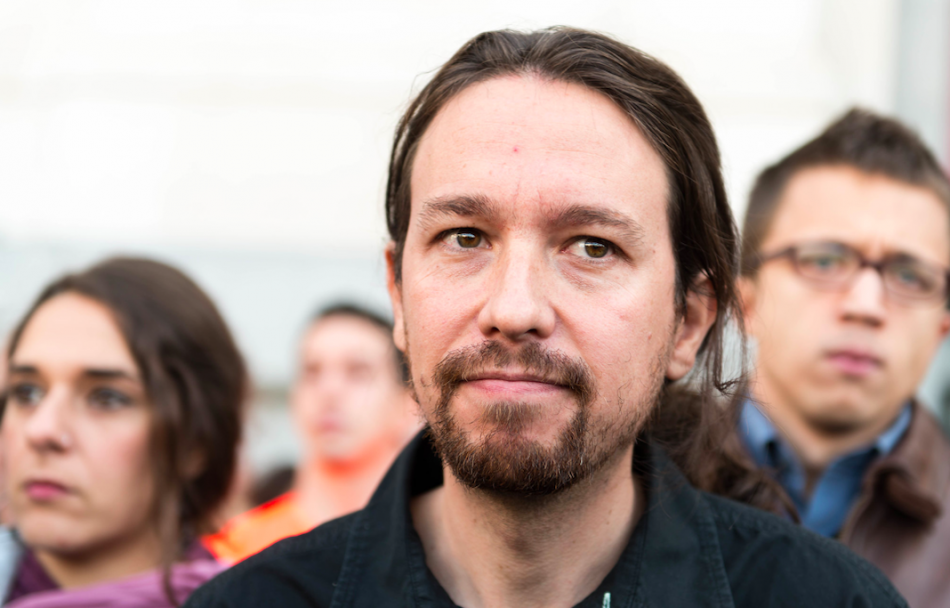
Spanish – Pablo Iglesias took out his artillery in the visit he made to Bolivia on the occasion of the inauguration of Luis Arce as president of the South American nation. The event served as an opportunity for the leftist leader to get Bolivian justice to stop investigating the so-called “box B” of his party, Podemos. For nearly a year, the Bolivian Attorney General’s Office has been investigating this case.
In turn, this tactic of undermining the inquiries that weigh on the so-called “purple party” was extended to Ecuador’s populist presidential candidate, Andrés Arauz. In Ecuador, the objective is the same: to render invisible the investigation into the payments made by former Ecuadorian President Rafael Correa to the founders of Podemos.
Specifically, there is talk of Correa spending 54 million USD on operations involving the Prometheus program. This was the name given to an alleged plan to attract “international talent,” especially of academic origin. La Nación Digital reveals that this facade served to promote communist and leftist parties, as Podemos did in the case of Spain.
The Spanish publication indicates that “the incoming government had access to the accounts and has realized that Correa and his friends were willing to spend up to 247 million USD to recover communism in Europe.”
These alleged payments took place through the Latin American Strategic Center for Geopolitics (Celag). The files link this foundation to Neurona Consulting, the Mexican communications agency linked to the Podemos-allied Juan Carlos Monedero. The same company was also under investigation in Bolivia for corruption until the arrival of Arce to power.
Candidate Andrés Arauz, who is running for the Presidency of Ecuador, is a staunch follower of Correa. According to OK Diario, the Ecuadorian contender traveled to Bolivia to attend the presidential inauguration of Luis Arce. The visit also served to inform his political formation about a bilateral meeting with Arce. The point to be discussed was to strengthen their agreements and ties.
In turn, Arauz and Iglesias held a meeting in Bolivia, and the former mentioned the same on social media. According to the South American leader, they discussed topics such as “economic reactivation, bilateral cooperation, productive, educational and, cultural investment.”
The cases that place Podemos under scrutiny include the links with Neurona Consulting, apart from the one that involved Correa, which includes the payment by the government of Evo Morales of at least 1.6 million USD to the Mexican consulting firm between 2017 and 2018.
According to El Mundo, the investigation Neurona Consulting received this money in December 2018, and three months later, it arrived in Spain to fund the campaigns of Pablo Iglesias, the current second deputy prime minister of Spain.
The concept of the subscriptions consisted of a handful of small videos of between 30 seconds and two minutes, as well as GIFs and postcards to extol the achievements of the Bolivian Executive on social networks, reports El Mundo.
The origin of the “Box B” investigations
Pablo Iglesias’ party, Podemos, has been mired in accusations of corruption that did not come from detractors but from those who at some point were within its ranks.
The former legal head of Podemos, José Manuel Calvente submitted evidence of financial irregularities within the political organization to the 42nd Court of Madrid, thus opening the way for investigations against the purple canopy.
Calavante reported the payment of “bonuses” of “about 900 euros a month (600 in payroll and the rest in black) from the treasurer and the manager of the party.” He also claimed that payments were made “without an approved budget” and that the transparency portal had been blocked.
Calvente claims that he was fired along with Monica Carmona, the head of regulatory compliance for Podemos, for investigating irregularities within the party.
 Versión Español
Versión Español













